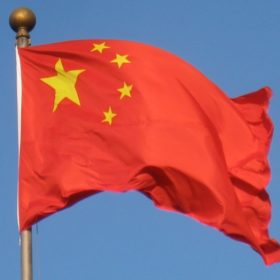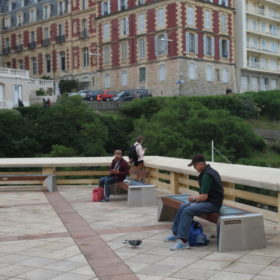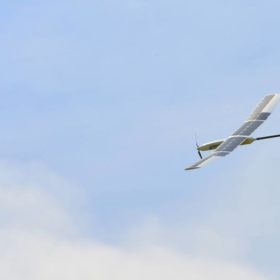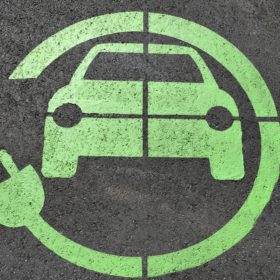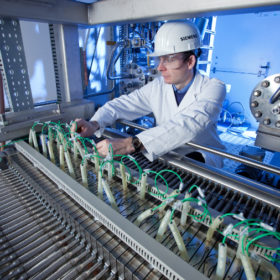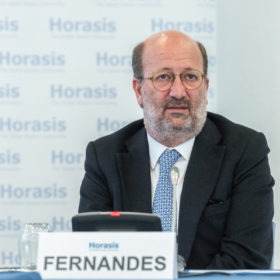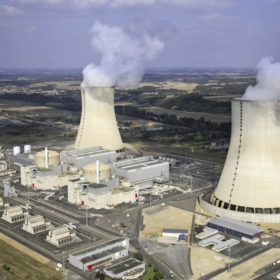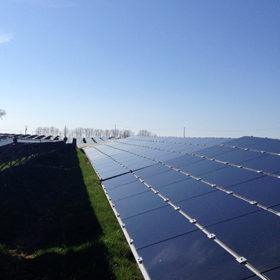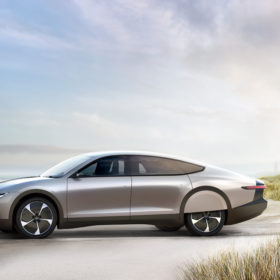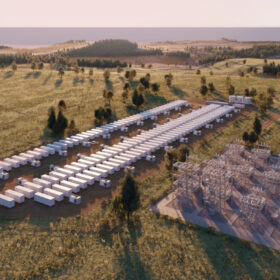The Chinese solar market is changing shape
Two reports have described how the world’s largest renewable energy market is moving towards maturity. According to the Brookings Institution, the Chinese clean energy market could become more open to Western investors and tech. A report by Fitch claims projects are moving back to inland provinces from coastal regions.
Take a break on the solar bench – but not for too long
Engie has raised eyebrows with the installation of several solar benches in Biarritz, southwestern France, as a local official has asked citizens to avoid sitting on them for long periods of time in order to keep their energy yield up. But the authorities over in Cannes are clearly impressed, as the municipal government in the French Riviera resort town has also revealed plans to buy more of the PV benches, which are designed by Croatian startup Include.
French solar-powered drone startup takes flight in Australia
Toulouse-based startup Sunbirds has set up an office, assembly workshop and maintenance centre in Brisbane. The company is providing solar-powered drones and drone-as-a-service solutions to surveyors, cattle stations and environmental monitoring companies.
A new spectroscopic method to understand the physical principles of organic PV
A German research team claims to have created a new visualization technique it says can enable detailed mapping of the energetic landscapes of organic PV cells on a nano scale. The technique could lead to organic cells with reduced power losses.
Asian battery manufacturers eye European riches on offer
A report produced by an AI and automation market research company says an anticipated boom in the European storage market – driven by a desire to reduce carbon emissions – will attract producers as demand outside China tails away.
A close look at nature could lead to cheaper hydrogen
Scientists at the Australia National University have observed a key stage in the process of photosynthesis which could be copied to greatly increase the efficiency of sunlight-powered water splitting processes used to produce hydrogen.
Portuguese auction attracts world record bid of €14.8/MWh for solar
The stunning low tariff is a third world record in five weeks. Solar prices continue to tumble and with a Saudi auction concluding tomorrow, the Iberian benchmark could be short-lived. The official result of the Portuguese tender will be announced August 10.
Nuclear: A poor investment strategy for clean energy
Study claims that investment in a new 1GW nuclear power plant leads to average losses of approximately 4.8 billion euros. It further argues that the technology’s dangerous radioactivity emissions and proliferation risks do not qualify it as a ‘clean’ energy solution to be considered for addressing climate change. Yet still, governments are incorporating the technology into clean energy plans around the world.
Virtual power plant maximizes performance of renewables assets during periods of energy oversupply
Using a VPP to regulate thousands of data points according to price signals can enable generation asset owners to take care of their systems within seconds and with very high granularity.
High-end Lightyear One developers build on Solar Challenge success
Not quite to infinity, but certainly to long-range, and beyond. Former Dutch competitor in Australia’s World Solar Challenge, Lightyear has launched the world’s first long-range solar EV prototype, a potential solution to the perennial EV problem of range anxiety.
